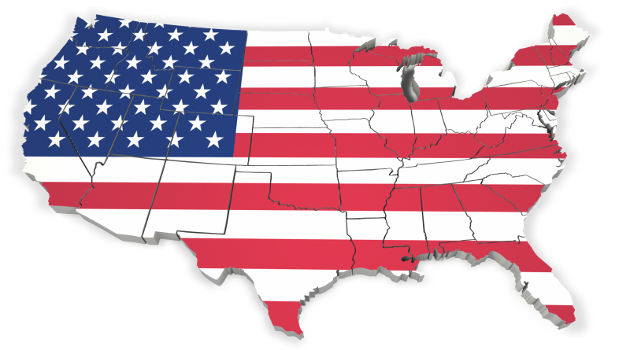As indicated by one of my columns last week, I’m a big believer in federalism.
Indeed, I’ve even proposed that Washington shouldn’t operate any social programs.  No food stamps. No Medicaid. No redistribution programs of any kind.
No food stamps. No Medicaid. No redistribution programs of any kind.
Such programs, to the extent they should exist, should be handled by state and local governments.
The welfare reform legislation under Bill Clinton is an example of how to move in the right direction. A top-down program from Washington was turned into a block grant, and then state and local governments got the freedom to choose policies that might actually help the poor become self-sufficient instead of being trapped in dependency.
Not pure libertarianism, of course, but still an example of progress. And we got good results.
Given this track record, I was very interested to see a column in today’s New York Times by Ezekial Emanuel and Rahm Emanuel on the topic of federal-state fiscal relations.
Medicaid and unemployment insurance…need permanent institutional reform and modernization. …the next stimulus package…should then be
…a…federal-state Grand Bargain would solve festering problems in health care and unemployment assistance Years of political experience show that no matter how imperative and sensible, a policy’s chances of success are diminished unless it delivers political benefits. This bargain would create a victory for both parties.
This sounds intriguing. And potentially even desirable.
There’s no question, after all, that the current Medicaid system desperately needs reform. And the unemployment program also is a mess, luring people into joblessness.
So what exactly are the Emanuel brothers proposing? What is the “Grand Bargain” that offers benefits for both sides?
Sadly, it turns out that their bipartisan rhetoric is just an excuse for bigger government.
The bargain, which we call American Modernization Initiative…the federal government to assume the costs and administration of Medicaid and unemployment insurance,
the states would have to agree to use freed up resources — a quarter of a trillion dollars per year — to invest in education and infrastructure. …The Grand Bargain is not only good policy, but good politics. …Governors would no longer be responsible for large programs… With the American Modernization Initiative, the constant, bitter battles over cutting state programs to fund growing Medicaid costs will disappear.
Yes, you read correctly. Their idea of a “bargain” is that the federal government agrees to spend more money so that that state governments will then have the ability to spend more money.
Even Republicans aren’t stupid enough to go along with that kind of deal.
So I’ll propose an alternative.
According to Chris Edwards, there are now nearly 1,400 programs involving some sort of link or overlap between the federal government and state governments.
The biggest of these programs is Medicaid, accounting for 56 percent of the overall spending.
So why not give the states a choice: They either take full responsibility for Medicaid – including the financing after some transition period. Or they take responsibility for the other 1,385 programs (probably more by now) programs – assuming, again, they are responsible for the financing after a transition period.
Regardless of their choice, the end result would be a system where there’s a reasonably significant shift toward federalism. And perhaps we would add a bit of clarity to the blurry line that currently sets the boundary between what’s Washington’s job and what’s the role of state governments.
that currently sets the boundary between what’s Washington’s job and what’s the role of state governments.
And maybe, just maybe, there wouldn’t be as much wasteful leakage as we have now.
P.S. For what it’s worth, there’s strong academic evidence that decentralized governments produce better outcomes.
P.P.S. Federalism doesn’t only apply to income-redistribution programs. We also should eliminate any role for Washington in areas like education and transportation.
P.P.P.S. Here’s the data on the history of redistribution spending in developed nations.


